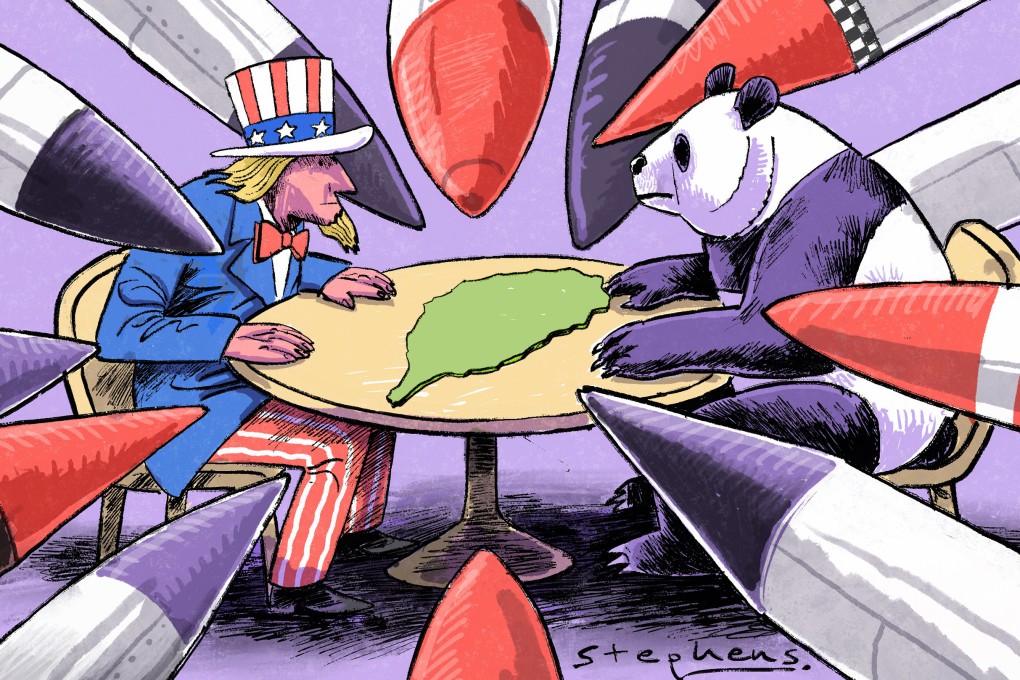Advertisement
Opinion | US-China relations: Taiwan ‘deterrence dilemma’ requires urgent talks to avoid war
- The moves and countermoves by China and the US in the Taiwan Strait are part of a deterrence dilemma, a spiral of actions ultimately undermining their own goal
- Talks aimed at controlling the capabilities of mutual deterrence will be conducive to de-escalation, and these talks must happen sooner rather than later
Reading Time:4 minutes
Why you can trust SCMP
2

The recent stopover visits of Taiwan President Tsai Ing-wen to the United States have heightened tensions between Taipei and Beijing while also straining relations between the US and China. Tsai’s expected meeting with US House Speaker Kevin McCarthy has escalated tensions even further.
Last month, the US State Department authorised the potential sale of arms and equipment to Taiwan. The sale includes 200 medium-range air-to-air missiles and 100 high-speed anti-radiation missiles capable of destroying land-based radar stations.
The Department of Defence issued a statement estimating the sale’s worth at US$619 million. It said the deal would enhance Taiwan’s “capability to provide for the defence of its airspace, regional security, and interoperability with the United States”.
China’s foreign ministry has expressed strong opposition to the proposed sale, calling on the US to halt all arms sales and military communications with Taiwan. Beijing has already sanctioned US companies for selling weapons to Taiwan. It has also increased its military activities across the Taiwan Strait.
Taiwan reported that 21 mainland combat planes flew into the southwestern corner of the island’s air defence identification zone just as the US announced the potential weapons sale to Taiwan.
This dynamic reflects the dangerous deterrence dilemma between Washington and Beijing over Taiwan. A deterrence dilemma is a narrower version of the security dilemma in international relations.
Advertisement
